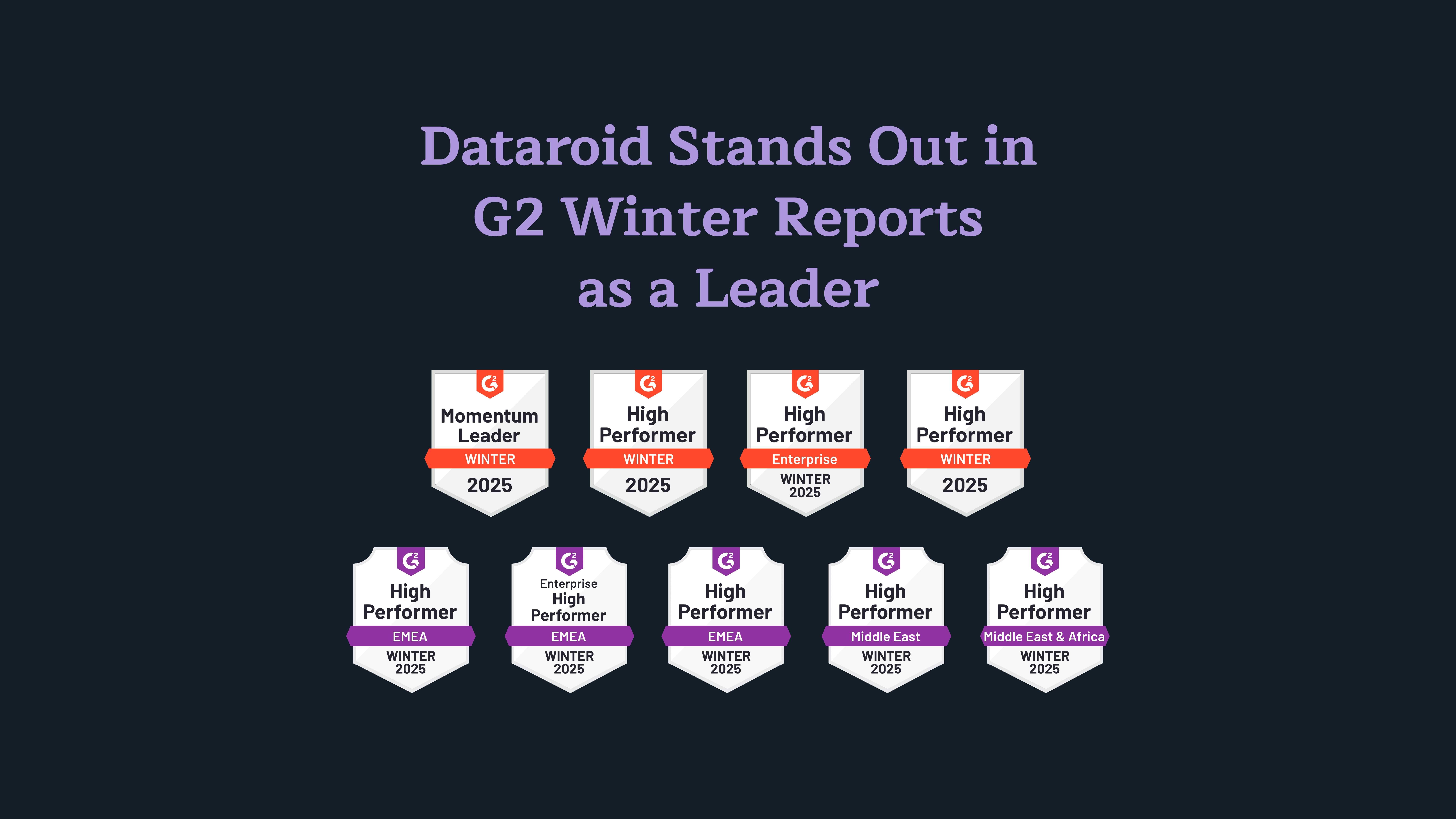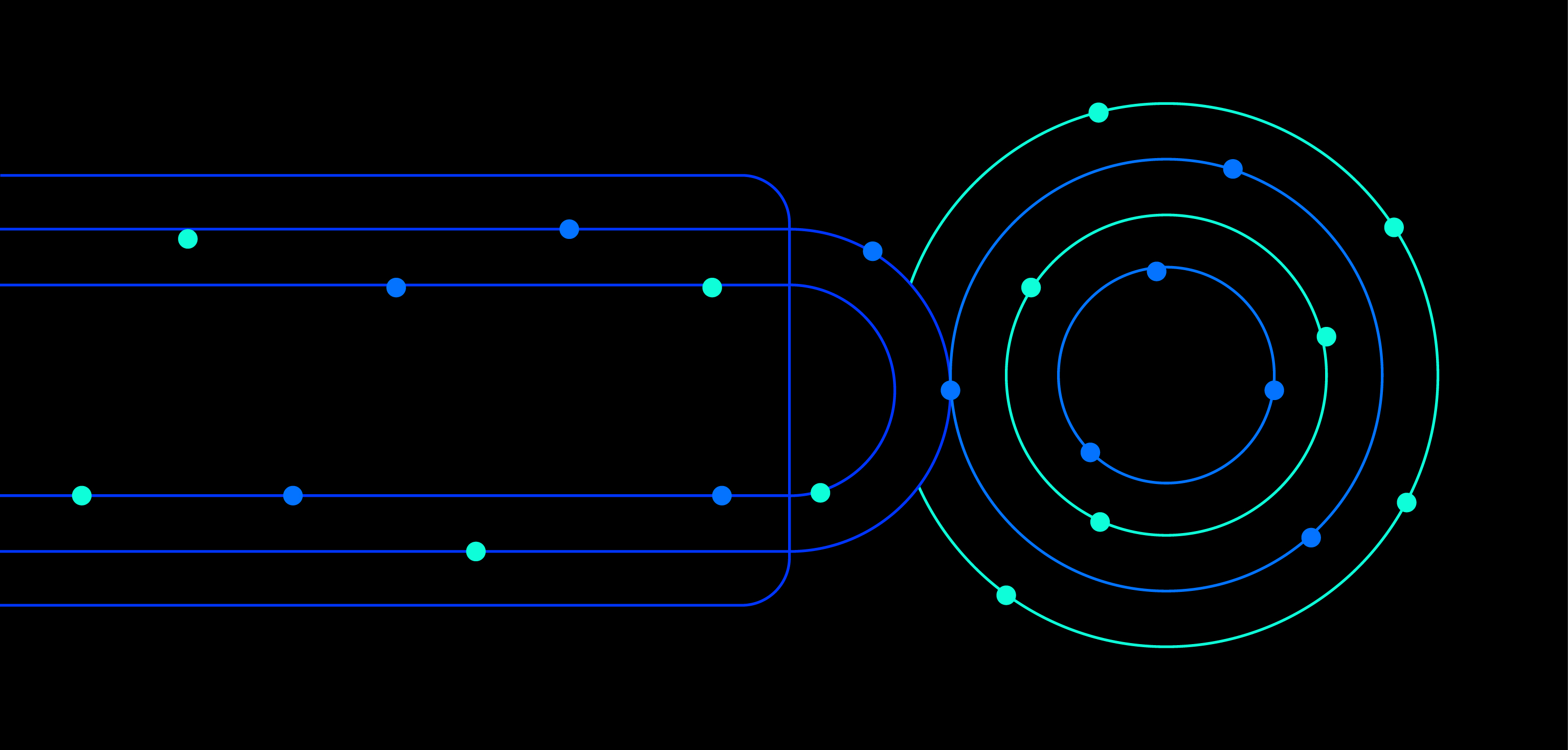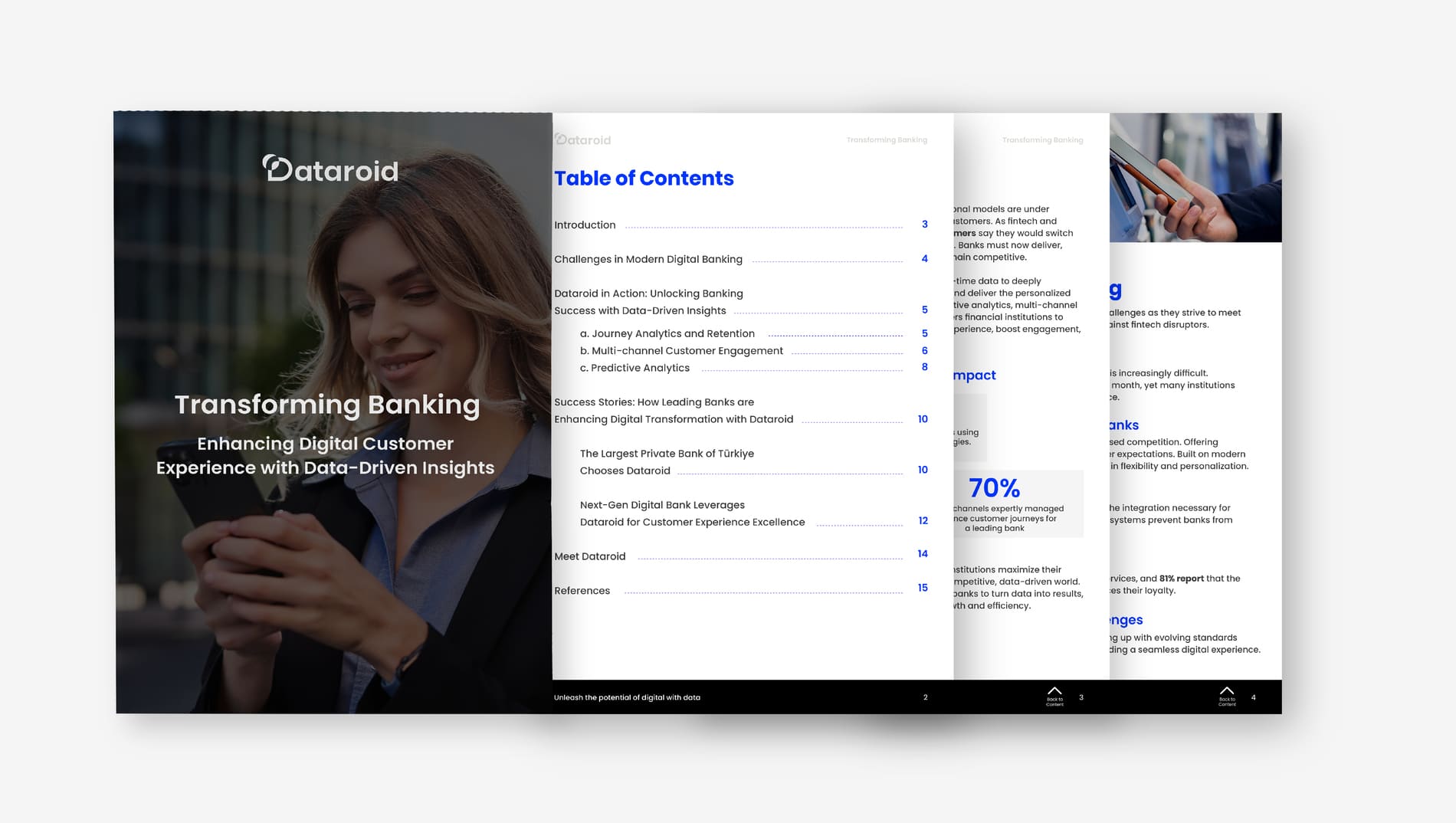How to Get Ahead in Analytics with SDKs
- Reading Time: 5 minutes
A number of our posts have detailed how to speed up development processes without compromising on quality. Oftentimes, while in theory building and coding every inch of a product or service from scratch can mean that you finetune everything to fit exactly your needs, what happens in practice is that this is too time consuming and leads to too many potential errors.
SDKs make it easier for you to integrate your product with existing technology, thus streamlining sales and everything else so it’s easier for all parties. That’s why Android Apps, on average, use in the neighborhood of 18 SDKs per app according to research by SafeDK, with variations depending on type and market (for example games use significantly more). Using an SDK for your company to perform simple functions like data analysis can streamline processes that would take significantly longer in house.
Sign up to drive your business with the power of data
Ok Back Up, What are SDKs?
SDKs are Software Development Kits, or are often shortened to “devkits.” They’re essentially the tools and programs that developers can use to create apps for each individual platform. SDK tools may include a whole host of different things for developers to use, including guides, code samples, libraries, and more, all of which can then be integrated into their own apps on the platform of their choice. Dataroid’s SDK is an example of a devkit that is easy to integrate into your company’s software to allow users to optimize their data collection and analysis at the drop of a hat using Dataroid’s analytics panel.
SDKs being the tools you use to create and maintain an app, they’re analogous to wrenches and drills and saws as well as the materials and whatever else you might need to build a house.
Ok got it, but what's the difference between APIs and SDKs?
Good question! APIs are often confused with SDKs, when in fact they’re very simply a part of the aforementioned toolkit. APIs are Application Protocol Interfaces (or Application Programming Interfaces), which is to say that they are a tool to connect two pieces of software. We defined SDKs as a set of tools, including “guides, code samples, libraries, and more.” Well, APIs are basically one of those code samples, written specifically to allow communication between two apps. Easy-to-understand examples are things like the Google Maps API, which allows you to use google maps in your own software for delivery purposes.
Perhaps another intuitive example of SDKs and APIs would be if you wanted to allow users to sign into your product using a Facebook login. To do this, you’d use Facebook’s JavaScript SDK to allow you to build the sign-in feature into your app. Part of the Facebook SDK is the API that facilitates communication between your app and Facebook, so that Facebook can verify their information directly through your app.
What does an ideal SDK look like?
SDKs are crucial to the process of expanding your business and its audience. When other apps can integrate with your own seamlessly and easily, it can save time, staff and money and speed up sales and the implementation of your business plan. Like we said at the beginning, developing in-house solutions to problems takes time and money, whereas ready-made SDKs are a solution that takes a matter of minutes, so that time and money can be invested in revenue growth instead.
The most critical factor to any SDK is also the most obvious: Does it work. SDKs are all about functionality. This means it has to be easy to use and well documented regarding how the code works and well supported with the relevant features. They have to be easy to integrate into pre-existing mobile apps, and scalable depending on what your needs are. And of course they need to do all of this without draining the CPU, battery, or data consumption of whatever device is being used. Basically, do your SDKs work well and save time for everyone?
Features of good SDKs are:
- Functional
- Easy to use
- Expandable
- Well documented and well supported
- Scalable according to needs.
- Low integration cost
- High performance
- Low impact on CPU, battery, or data consumption
How can Dataroid's SDKs help you analyze digital channels?
On top of that, Dataroid’s analytics platform generates data for all the products and services the app may offer. This means that companies don’t need to develop their own analytics platforms as Dataroid takes care of that for you. Dataroid allows you to easily and seamlessly put its SDKs on any digital channel you use, and from there Dataroid will put all data collected on the Dataroid panel for ease and optimized analysis.
Types of SDKs
Attribution SDKs
Attribution SDKs deal with mobile attribution, so that the SDK knows when a set of varied actions take place in the app, and then the SDK can send the event back to the mobile attribution service. Mobile attribution is simply matching data points together, or attributing data points to each other. For instance, determining the amount of attribution ad spending might have on user engagement. With an attribution SDK, all events are aggregated and combined with all the data collected by the SDK and analyzed by experts like Dataroid.
Analytics SDKs
Analytics SDKs are very simple SDKs that collect and collate all the data inside your app. Then that data is sent and displayed on something akin to the Dataroid analytics dashboard to be analyzed by experts. Using the Dataroid SDK is one of the easiest ways to take advantage of Dataroid’s expertise in analytics to take your business to the next level.
Engagement SDKs
User engagement SDKs focus on increasing the number of impressions used by apps and to broaden their reach, often by focusing on reminding users to rate and review apps.
Key Takeaways
There are many other types of SDKs, or Software Development Kits, in existence. There are various SDKs as well as products or apps for various platforms, services, and mobile devices. These SDKs can be used for almost any service you could want, along with downloadable software packages to help developers build products and apps for mobile or web applications. They feature code libraries, guides, and other tools to make it all easy and seamless. APIs are the part of this toolkit that helps two apps communicate with one another, and almost every SDK will include an API. Dataroid’s analytics SDK is the perfect match for any company trying to optimize digital data analysis as quickly and easily as possible.
Sign up to drive your business with the power of data

YOU MAY ALSO LIKE
Drive your digital growth
Schedule a demo today to learn more on how we can help you unleash the potential of digital using Dataroid.





